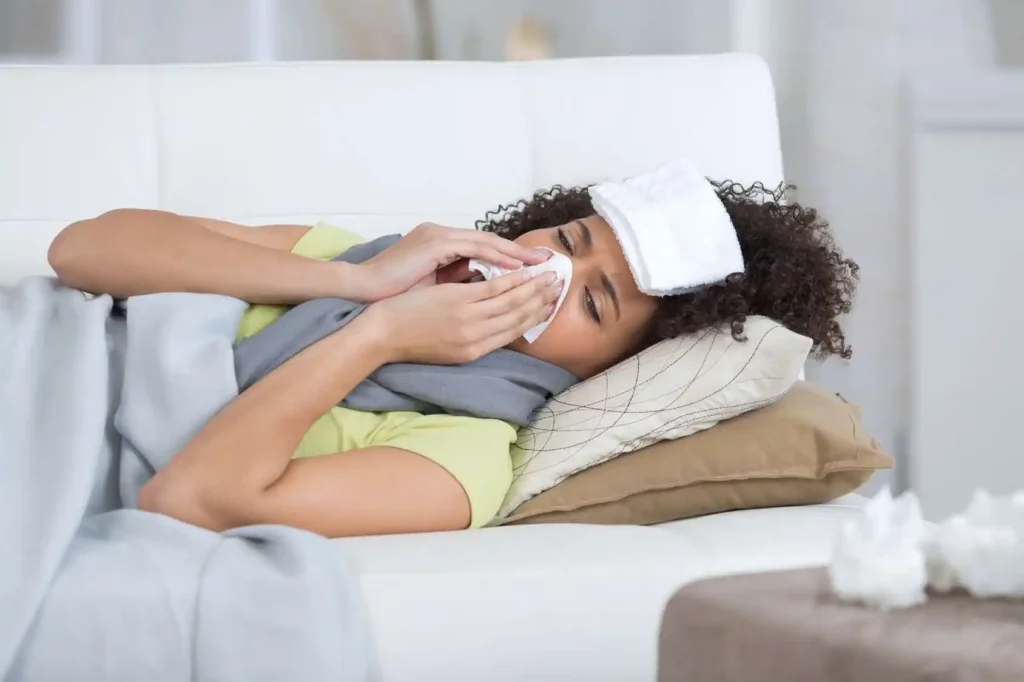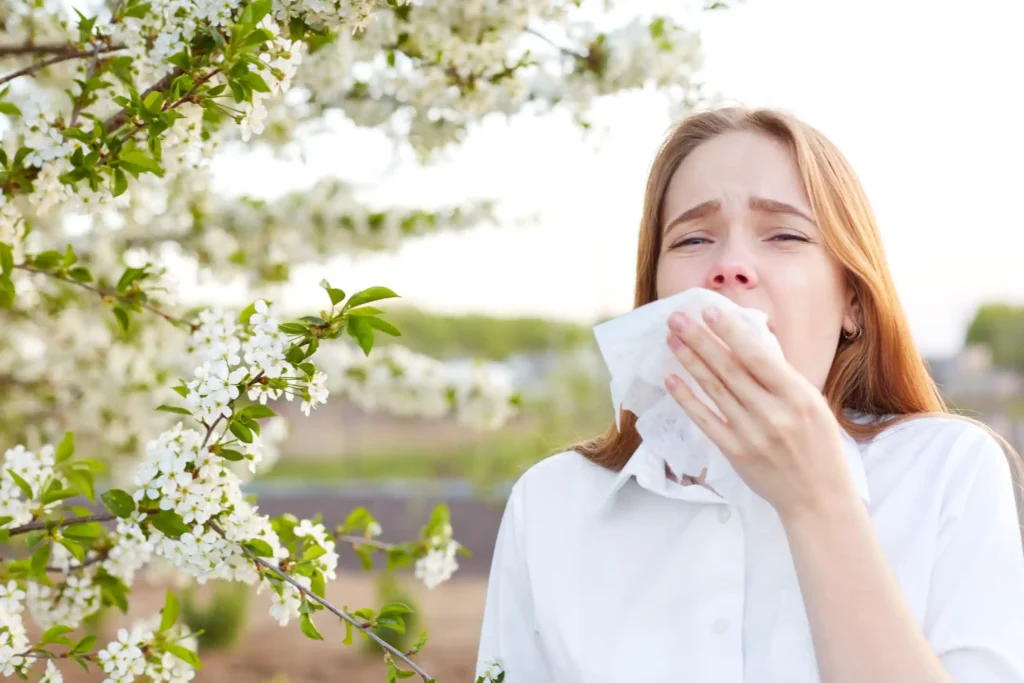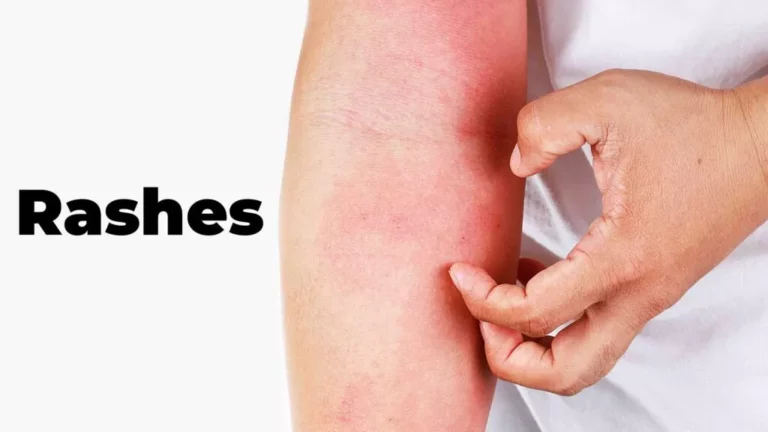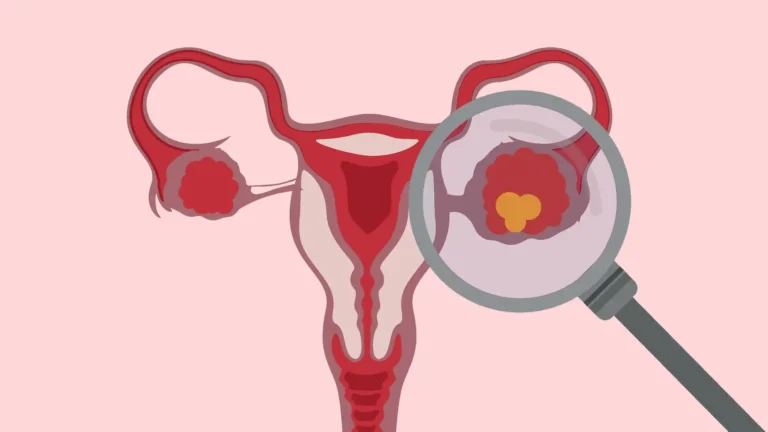Allergies often result in various symptoms. These include sneezing & congestion with itchy eyes. However, can they also cause a fever? Fever is not a common symptom of allergies. There are certain conditions that can sometimes mimic fever-like symptoms because of these allergies. You can distinguish between allergy-related symptoms & those caused by infections so that you can get proper care & treatment. Moreover, the understanding of these differences enables you to manage your health effectively.
Common Environmental Allergy Symptoms
Environmental allergies can cause various symptoms. It’s specifically true for those triggered by seasonal allergens, including:
- Sneezing
- Runny nose
- Itchy, watery eyes
- Nasal congestion
- Persistent coughing
- Fatigue
These symptoms occur when your body’s immune system overreacts to substances. For instance, pollens, along with dust mites and pet dander. Allergies rarely cause fever. However, they may lead to mild fever or chills in certain cases. It is often because of secondary infections like sinusitis. You should be clear that fever is not a direct symptom of allergies, but can be a sign of an underlying infection.
You can find out whether you need to manage your allergies with medications or urgent medical care this way. Additionally, you should see a healthcare provider if you have a persistent fever. This could rule out other causes & you can receive appropriate treatment.

Differences Between Allergies, Colds, and the Flu: Which Causes Fever?
You must have an idea about the differences between allergies, colds & the flu when you want to know whether your symptoms are because of an allergy or something more serious. Fever is specifically a key symptom that distinguishes between these conditions.
Seasonal Allergies
Environmental allergens are the source of seasonal allergies. For example, you may be exposed to pollen, dust, or mold & you may start sneezing, have itchy eyes, along with a runny nose. Allergies do not generally manifest as a fever. Though untreated allergies can lead to secondary infections in rare cases. Let’s say sinusitis, which may cause a mild fever.
What Are Allergies?
Allergies occur when your immune system overreacts to harmless substances. For example, pollen or pet dander. Your body releases histamines as an immune system response to these allergens. You can have common allergy symptoms as sneezing, nasal congestion & watery eyes. However, fever is not a usual direct response to allergens.
Types of Allergic Rhinitis
- Seasonal Allergic Rhinitis: It is triggered by pollen from trees & weeds.
- Perennial Allergic Rhinitis: It is caused by indoor allergens like dust mites or pet dander.
Symptoms of Allergic Rhinitis and Their Management
Common symptoms are sneezing with a runny nose & itchy eyes. You might feel unwell or even tired with allergies. However, they do not cause a fever directly. Our treatment usually includes antihistamines or decongestants to manage your symptoms. You should visit an urgent care center for sore throat relief and related symptoms.
Common Colds
A common cold is an upper respiratory infection. Various viruses are generally responsible for this condition. Colds often come with more serious symptoms, contrasting with allergies. You are more likely to have a viral infection than an allergy in case you have a mild fever along with cold-related symptoms.
Common Cold Symptoms
- Mild fever (usually under 101°F)
- Sneezing & nasal congestion
- Sore throat
- Cough
- Fatigue
Cold symptoms are usually milder than those of the flu. Moreover, it can affect your health anywhere from 3 to 7 days. It’s different from allergies, since a cold causes fever when the body reacts to the virus.
Influenza (Flu)
The flu is a really contagious viral infection. It generally causes a sudden onset of symptoms. You can even feel a high fever. Influenza is different from allergies in that it causes more severe symptoms. Flu symptoms are literally much more intense & stay for a longer period compared to the symptoms of seasonal allergies. Therefore, it’s important that you visit urgent care for flu symptoms & treatment.
Flu Symptoms
The flu affects a number of systems in your body. You may feel extensive symptoms. These include fever, body aches & extreme fatigue. It’s not like regular allergies, which basically affect your nose & eyes.
- Sudden high fever (usually above 102°F)
- Severe fatigue and muscle aches
- Headache
- Sore throat
- Cough

Treating Allergies That Can Cause Fever
Allergies are not generally responsible for causing a fever. In reality, untreated allergies come with various symptoms. These can sometimes cause complications & result in a mild fever. In these cases, you may get secondary infections. Example includes sinusitis or an upper respiratory infection. It can increase your allergy symptoms & trigger a fever. Therefore, you need to treat both the underlying allergic reaction & any potential infections so that you can prevent health complications.
Managing Allergies to Prevent Fever
The first step in managing allergies and preventing a fever is to address the allergic reaction. In fact, it’s really necessary to control your exposure to allergens if you have a higher chance of getting seasonal or perennial allergies. Let’s have a look at some common treatments:
- Antihistamines: These medications block the action of histamines since these are mainly the chemicals that cause allergic symptoms in the first place. For example, sneezing, a runny nose & itchy eyes. You can get antihistamines over-the-counter or by prescription. They can provide you with relief from many common allergy symptoms.
- Nasal Sprays: Corticosteroid nasal sprays can decrease inflammation in the nasal passages. Hence, you can get relief from nasal congestion. These are specifically effective if you deal with constant nasal symptoms or allergic rhinitis.
- Decongestants: You can decrease nasal swelling & open up airways by using nasal decongestants. However, you should use them with care. Additionally, you can use it only for short periods to avoid serious side effects. For example, increased heart rate or high blood pressure.
- Allergen Avoidance: It’s really critical to avoid exposure to allergens when you’re managing allergies. You can follow simple steps. For example, you can keep your windows closed during high pollen seasons. Moreover, you can use air purifiers indoors & wash bedding regularly. All these steps can reduce allergen levels & minimize symptoms.
Treating Secondary Infections That May Cause Fever
You can get a fever if you have a secondary infection when you’re managing your allergies. Let’s say you have a sinus infection (sinusitis). Therefore, you have to get suitable treatment in these cases:
- Antibiotics: Our professionals may prescribe antibiotics if your doctor suspects that you have a bacterial infection. This is to remove your infection & lessen the fever along with it.
- Rest and Hydration: You literally need proper rest & hydration to support your immune system during recovery. Your body can fight off the infections this way & you can recover earlier.
- Pain Relievers: You can manage fever & inflammation with the help of over-the-counter medications. For example, acetaminophen or ibuprofen. These medications can also relieve your headaches along with sinus pressure.
- Steam Inhalation and Nasal Irrigation: You can clear mucus in your sinuses by using a humidifier. You can also inhale steam from a bowl of hot water. Additionally, nasal irrigation can unclog mucus & allergens from your nasal passages.
When to See a Doctor
You should get medical care if you have a fever for more than a couple of days. Moreover, you should visit a clinic in case your allergy symptoms don’t improve with standard treatments. You can have a consultation with a healthcare provider to find out if a secondary infection is the reason for your fever. You may also need asthma treatment if you have allergies because of this condition. Resultantly, you will know whether you need antibiotics or other treatments.
Let’s look at the following situations to visit a professional care center:
- Severe facial pain or pressure (which may indicate a sinus infection)
- Difficulty breathing or wheezing
- Swelling in the face or throat
- A persistent high fever (above 101°F)
In short, it is necessary to get Urgent care for allergies. Therefore, visit Novamed & get appropriate care if you are not sure whether your symptoms are because of allergies or an infection. Our medical professionals assess your symptoms & recommend the best course of action.

Can Allergies Cause Sore Throat?
Allergic reactions can irritate your throat & you feel soreness resultantly. It specifically happens when you get exposed to airborne allergens. These allergies don’t directly cause a sore throat as a viral infection would. However, allergy sufferers commonly face post-nasal drip & throat-clearing issues. All these can make your throat feel sore.
Can Allergies Cause a Cough?
Coughing is common in allergy sufferers. You specifically experience it when post-nasal drip irritates your throat. This type of cough differs from the persistent & dry cough. A dry cough is a common occurrence in viral infections. Example includes the flu. You can also get urgent care strep throat testing for better diagnosis.
Can I Prevent Allergy Symptoms?
It’s really difficult to avoid allergens completely. However, you can lessen its symptoms to a great extent with some strategies.
- Close windows during high pollen seasons
- Use air purifiers to decrease allergens indoors
- Shower & change clothes after spending time outside
- Take over-the-counter antihistamines or nasal sprays
How Can Allergy Symptoms Be Treated by a Doctor?
Doctors can offer a range of treatments to manage your allergy symptoms. You should visit Novamed Urgent Care for personalized care & expert advice on allergy treatment.
- Antihistamines for sneezing & congestion relief
- Nasal sprays to decrease inflammation & sinus pressure
- Allergy shots (immunotherapy) for lifetime allergy management

Conclusion
Allergies themselves are rarely responsible for causing a fever. However, several symptoms can mimic those of an infection. For example, congestion, coughing & sore throat. Therefore, you should consider the possibility of a secondary infection and see a doctor promptly if you experience fever alongside your classic allergy symptoms. You can visit Novamed Urgent Care in Chicago for a proper diagnosis and treatment protocol.






